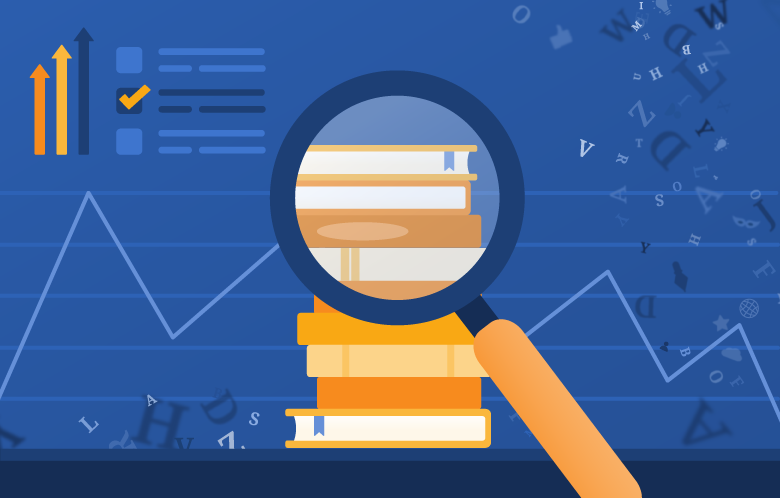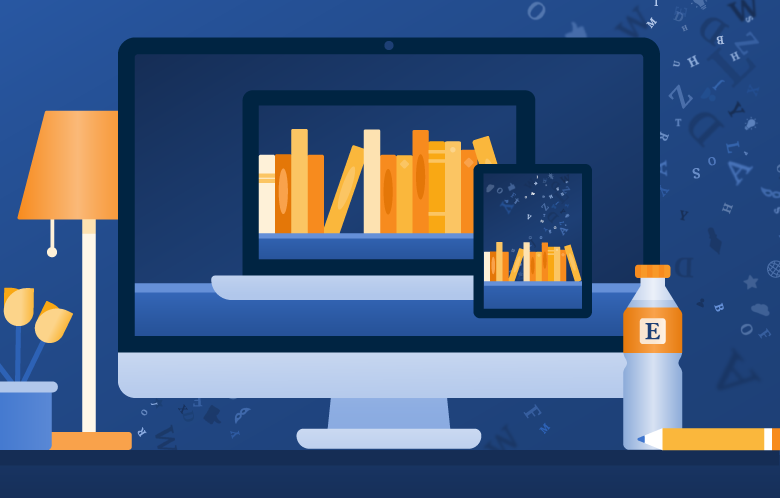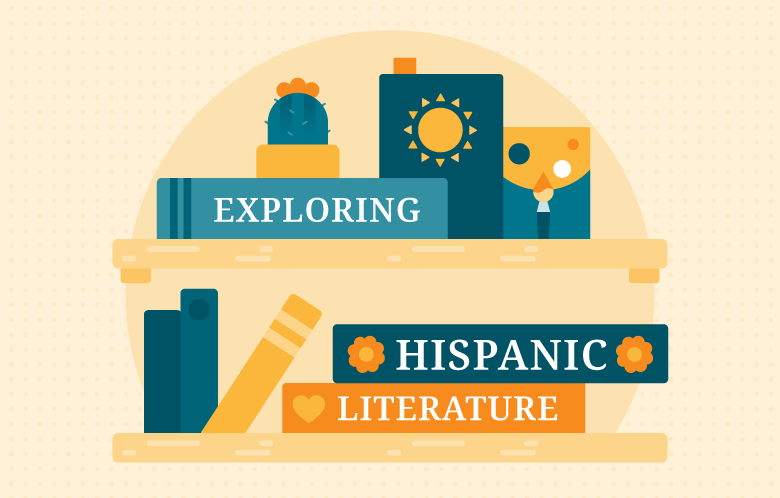Library Journal recently conducted an EBSCO-sponsored survey to gather data from academic librarians on the elements of creating a comprehensive literature collection for their faculty and students. Based on their feedback, we’ve created a list of the 5 most important factors shaping literature resources today.
1. The Role of Literature in Research is Evolving
Respondents were asked what role they believed literature plays in supporting the academic curriculum and the top two answers were “exposing students to new places, perspectives, and cultures” and “building critical thinking skills.” Additional roles include supporting language development, building connections to community, and fostering empathy and emotional intelligence.
2. New Literary Genres are Emerging
Among the 4-year institutions surveyed, early modern and classic literature were the most researched, but other genres are gaining traction, reflecting contemporary topics and expanding the literary landscape. Science fiction was cited by more than half of respondents as the top new genre being researched, followed closely by fantasy fiction. Among those that answered “other,” top responses included graphic novels, horror fiction, and Native American literature.
3. Different Voices are Rising
Universities are placing greater focus on acquiring works from underrepresented voices, including authors from marginalized communities and indigenous writers, as well as global literature beyond the Western canon. Nearly three-quarters of respondents rated having authors from varied backgrounds in their collections as "very important" and 51% report that 10-30% of their literature collections feature authors from different backgrounds.
4. Accessibility is Essential for Electronic Resources
Providing accessible literature resources ensures that all students and researchers have equal opportunities to engage with and benefit from scholarly content. Features cited most often by survey respondents as essential for their libraries include text-to-speech functionality, multilingual support, and compliance with accessibility standards such as Title II of the ADA.
5. Genre and Author Information is Key
Genre-based searching is in high demand, with 30% of respondents preferring genre-based and topic-sensitive search filters. One participant described an ideal user interface as one that would “centralize information by offering detailed author profiles, genre navigation, and historical context.” Another considered the “ability to identify literary works by topical focus” as well as “centralized information on authors,” to be equally important.
Building a comprehensive academic literature collection involves multiple factors including representing different voices, ensuring that resources are accessible to all users, promoting critical thinking skills and exposing researchers to new genres and authors. By doing so, academic institutions can provide students and faculty with resources to foster a robust literary landscape.
View the complete Library Journal survey results by downloading the full report below.



